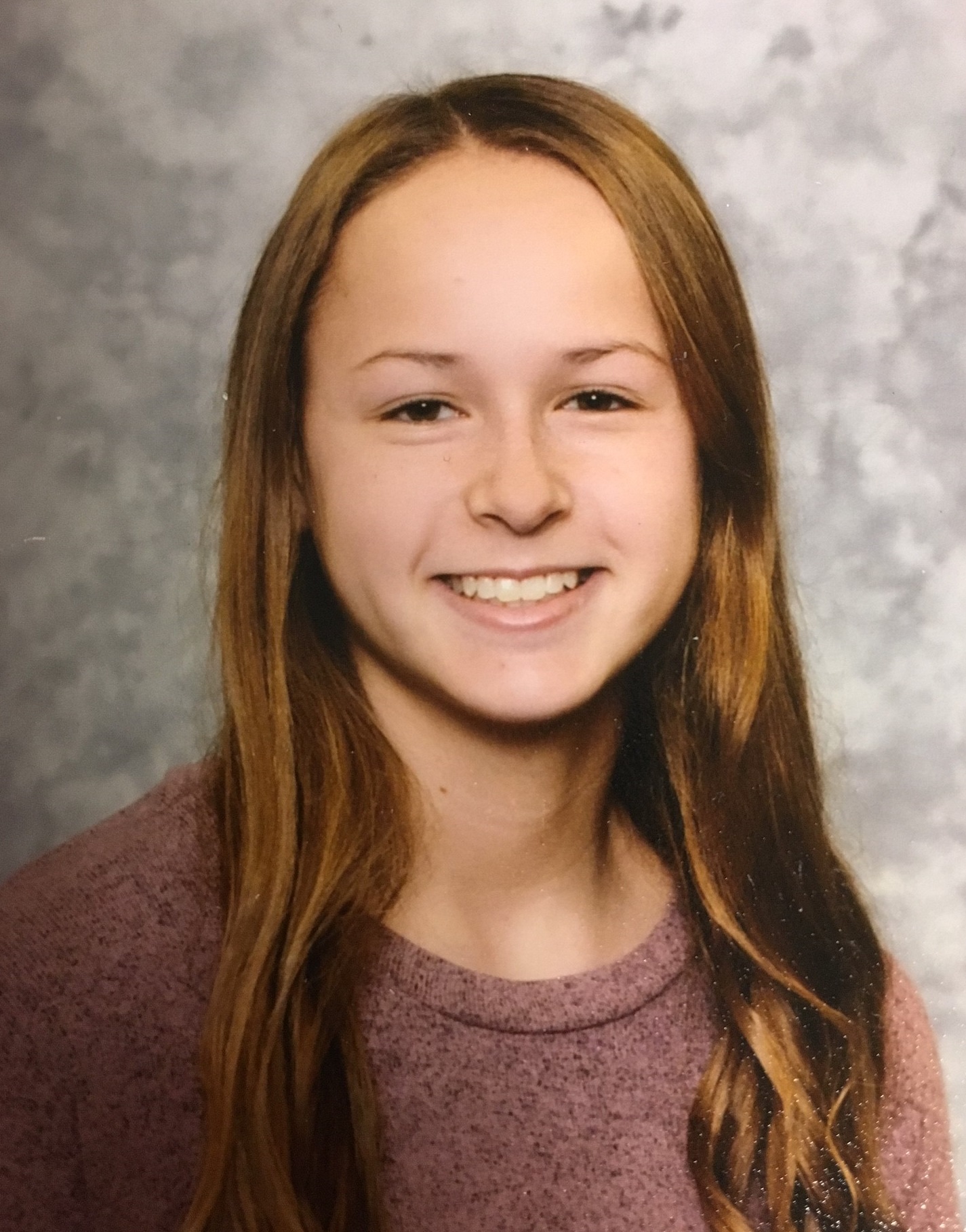Trisha’s Story
My name is Trisha Hayes, and I was diagnosed with Type 1 Diabetes when I was 3 years old. I was sick and losing weight until my mom figured out what could possibly be wrong. We went to the local hospital where they checked my blood sugar only to discover it was almost 1,000. My family and I quickly went up to Children’s Hospital in Omaha where the doctors couldn’t believe that I wasn’t in a coma.
I don’t remember much from that time because I was so young. I remember having to get shots from my parents and grandparents every time I wanted to eat. I know I dreaded it every time in the beginning, but as I got used to it, everything about it seemed normal. Eating ice became a snack to me because it had no carbs; therefore, I wouldn’t need a shot. When I turned 5, I got an insulin pump. What a world of difference that made. Now, getting poked was reduced to checking my blood sugar and changing my site every other day. At first, my classmates were confused as to what that thing was around my waist. Now, my classmates know almost everything I have taught them and are always looking out for me. As I was getting older, I could start to do things on my own. I started to check my blood sugars on my own and give myself insulin using my pump. My mom would pack my lunch every day to be sure of the carbs and still does to this day, which I am extremely thankful for. I never realized how this disease affected me until I got older. I can’t just go grab a quick snack with my friends without having to check my blood sugar, figure up carbs, and carb myself for the snack. Sometimes, I will just feel plain terrible because my blood sugars are all over the place, or I’ll get low right before an important test or game.
As I’ve entered into the realm of high school sports, I can see how it impacts my life. I’m one that hates to have to sit out of an activity or sporting event. I love to be doing something at all times and to be involved in anything and everything. Sometimes my blood sugar will be extremely low and then sky rocket to be extremely high. I want to be out on the court or the track doing my thing, but instead I’m sitting watching everyone else do their thing. It’s hard to make myself stop out on the court and tell my coaches that I need out. I don’t want to be out on the bench; I want to be out on the court. I don’t want to not contribute to the team because of something I want to have control over, my blood sugars. I sometimes feel a sense of helplessness because I feel like I’ve done everything to have my blood sugar be on perfect track, and then it’s not. My parents will suggest and try everything, but sometimes it just doesn’t work. There was one week where my blood sugars were continuously running in the 400s, and we couldn’t solve the issue. It made me feel defeated and tired, as I’m sure it did my parents. Trying to understand the system of blood sugars is complicated and most of the time there isn’t a system, I just have to roll with it.
Although Type 1 has its definite lows, there’s an upside to the disease. I’ve had the privilege of making connections with people I would’ve never met otherwise. I now know that I want to make a career for myself helping out newly diagnosed kids and their families. I know that I never would’ve found a job that I’m more passionate about if it weren’t for diabetes. I’ve learned a lot of self-control through the course of having Type 1. My family and friends are absolutely amazing about helping me out. Without my parents, I honestly don’t believe I’d be sitting here typing this today. They have truly saved my life through the help of God. My friends are also the most considerate ones in the world. They’ll help me when my sugars are low, or they’ll tell me if they think I should check it. They support everything that I do in my efforts to find a cure. I can always count on them to be by my side every step of every day and to be watching out for me. The technological advancements in this field have changed my life and continue to wow me with how rapidly they’re occurring. I can’t wait to see what the future of Type 1 Diabetes holds!

